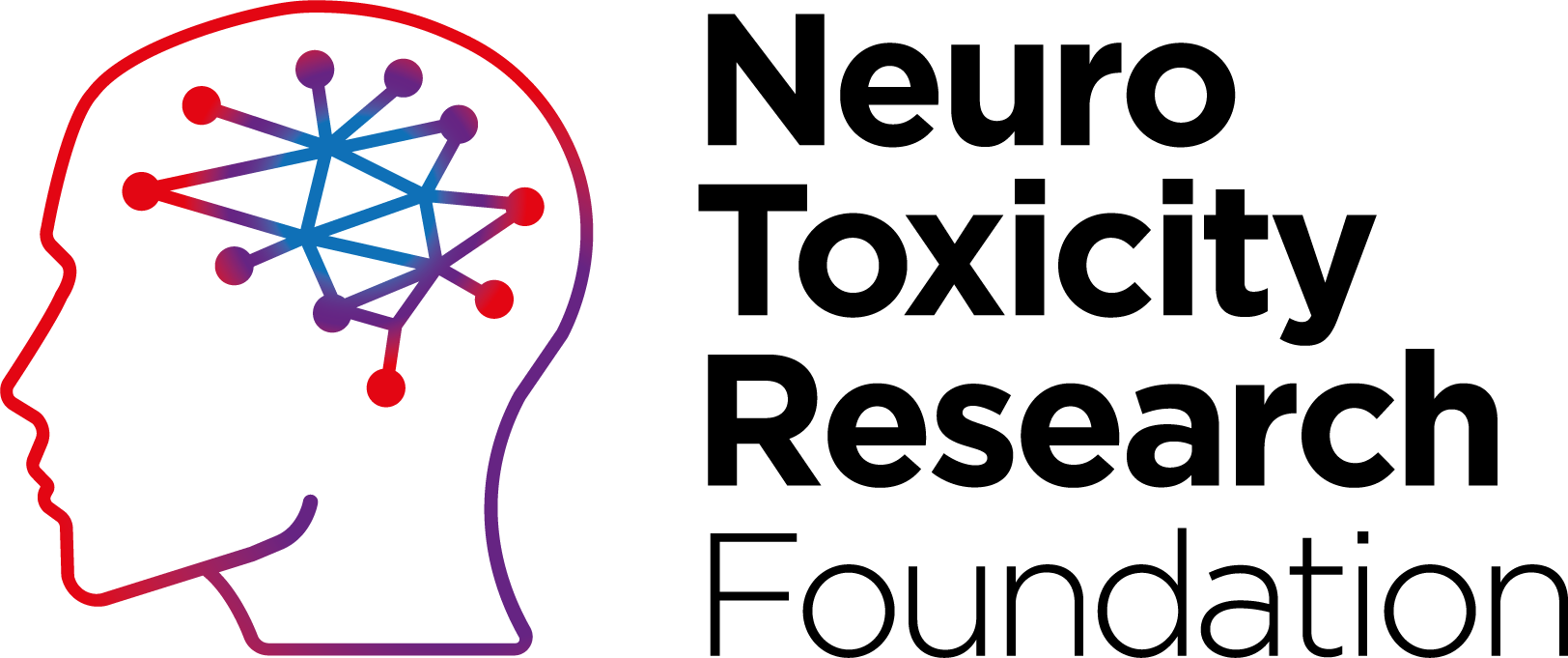
Every year a large number of employees in the Netherlands become ill as a result of their work. Some even become disabled. Every year there are many new cases of occupational disability. Estimates of the number of employees in the Netherlands who contract an occupational disease each year vary. The ‘Occupational Diseases’ chapter of Arbobalans [a biennial survey conducted by TNO] presents, side by side, the figures of occupational diseases reported by occupational physicians at the Netherlands Center for Occupational Diseases (2019: 8900), the figures of self-reported occupational diseases in the National Survey on Working Conditions (2018: 266,000) and the figures from public health and healthcare registers (2018: 407,300).
Preventing occupational diseases is still urgent. Results from various monitors show that occupational diseases are still common. The most common occupational diseases among employees are mental disorders, such as burnout and depression, and musculoskeletal disorders, such as lower back pain and arm, neck and shoulder complaints. Among retirees, lung diseases such as COPD and lung cancer are common, as well as lower back pain, knee osteoarthritis and hearing impairments.
These occupational diseases often occur after long-term exposure to occupational hazards or sometime after past exposure. Aerotoxic Syndrome is relatively unknown. This is a condition that occurs when people are exposed in their workplace to toxic (poisonous) substances present in our society. In this respect, agriculture, horticulture, painting, construction and road building, the timber and oil industry, shipping and certainly aviation are workplaces of high concern. The devastating toxin enters the bloodstream through the lungs, gastrointestinal tract and skin, and may then cause all kinds of neurological defects to the nerves. It is precisely for this reason that Aerotoxic Syndrome (symptoms due to toxic air) is certainly not imaginary. In fact, various specialists in this field consider Aerotoxic Syndrome to be so important that it is necessary to conduct ground-breaking scientific research into the causes of the phenomena of this ailment that has occupied them intensively for about a decade.
They expect their study to clarify the adverse effects of the syndrome on human health. First of all, their focus is on preventing people from suffering from Aerotoxic Syndrome. Sensors and filters, fitted in emitters such as oil engines and petrol-fuelled appliances, are some decisive measures that can help deal with contaminated vapours, mostly from the exhaust air of the same machinery. The associated neurological disorder, characterised by symptoms ranging from dizziness, confusion, difficulty concentrating, severe headaches, impairment of the ability to think and lethargy, to constant and severe fatigue, are a severely underestimated international problem. In addition, the specialists consider that prompt diagnosis and proper treatment, especially for incipient work-related complaints, will prevent much unnecessary health damage.
There is ignorance and division in the medical community about Aerotoxic Syndrome. It is generally assumed that the effects of toxic substances, particularly on the brain and thus human health, are of such a minor nature that it is almost impossible for the symptoms that occur to be caused by those toxic substances. Even neurophysiologists, scientists who study the functioning and functions of the nervous system, are generally unaware that symptoms caused by toxic substances, such as oil vapours and organophosphates, lead to Aerotoxic Syndrome. It is this fact, in particular, that indicates the relevance of subjecting different facets of Aerotoxic Syndrome to closer scrutiny in order to get a grip on the overall complexity of the syndrome and to prompt specialists to conduct a large-scale scientific study.
A ground-breaking study that clarifies this potentially new occupational disease and thus the causal relationship with the symptoms associated with Aerotoxic Syndrome resulting from exposure to toxic substances.
Ronald van der Kuil of the Functional Neurology Institute in Lisse, a specialist in this field, in collaboration with specialists from the Amsterdam Medical Center, Mount Royal University Calgary and Jena University commenced this study at Manchester Metropolitan University in the United Kingdom on 1 October 2022.
